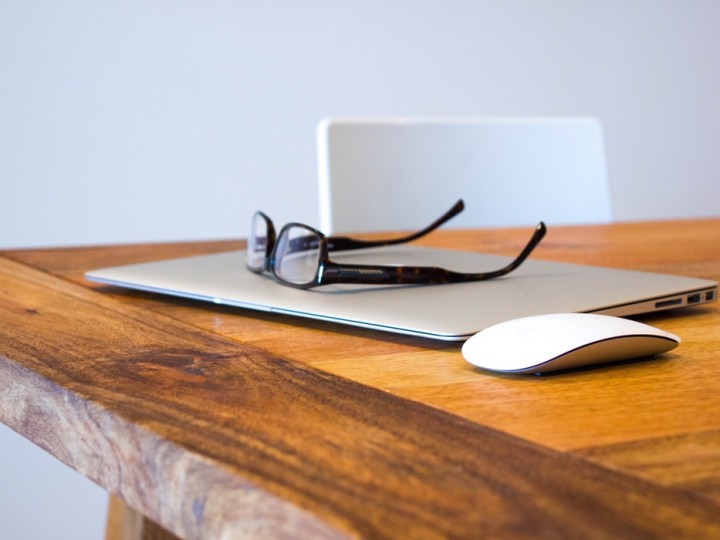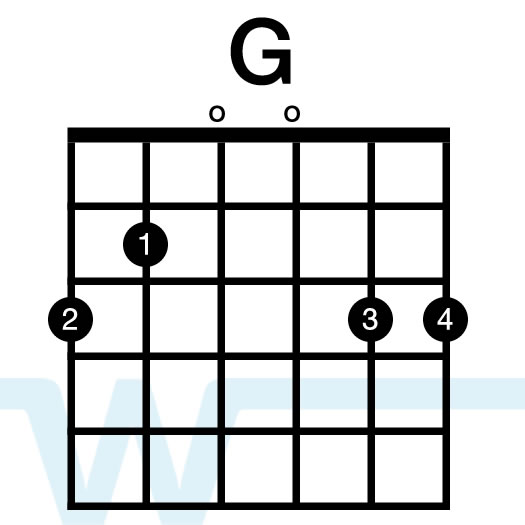Let’s face it, being your best self means having enough sleep in the tank for you to be able to put things in perspective, focus at work, be present for your significant other, or simply keeping it together. A lot of my clients, and by a lot I mean most, have terrible sleeping habits. The work we do in session is oftentimes undermined by a late night Netflix binge, anxious tossing and turning, or just going to bed at wildly different hours every night. I’ve done the research so you don’t have to. Below is what the National Sleep Foundation says about best practices.
- 8 hours of sleep is standard for adults under 65.
- Fall asleep and get up at the same time.
- Create a routine of relaxation – soft light (60 watt light and less), putting off heavy discussions until the morning, etc.
- Turn the TV off 2 hours before bedtime.
- Do not sleep with the TV on.
- Do not take hot showers or baths 2 hours before bedtime.
- No big meals 1.5 hours before trying to fall asleep.
- No exercising 1.5 hours before bed.
**These last three raise your body temperature and that makes it harder to fall asleep.**  Use White Noise App (free for iPhones and Android) to drown out little sounds. Use the sounds that don’t have variable sounds, ie. occasional crickets. Instead use ones like heavy rainfall.
Use White Noise App (free for iPhones and Android) to drown out little sounds. Use the sounds that don’t have variable sounds, ie. occasional crickets. Instead use ones like heavy rainfall.- Do not co-sleep with your children. Little feet wake you up!
- Do not drink caffeine 6 hours before falling asleep.
- More than 2 drinks of alcohol can make the quality of sleep poor.
- No late night cigarettes, or worse, middle of the night cigarettes.
- Make sure your room is dark and cool (put tape over those small lights on your electronics)
- Do not take naps during the day if you are having trouble getting sleep. (20 minute naps are OK)
- Take Melatonin (1mg – 5mg) for at least 30 days an hour before bedtime. Take it 30 minutes before getting in bed.
- When having anxiety, write down what you are feeling or thinking about when you can’t fall asleep. – Leave a note pad and a pen next to the bed.
- If you are tossing and turning for 20 minutes, get out of bed. Do something relaxing and then come back to bed when you are tired again.
The most important item on this list and the one that has been most often reported back to me as being effective is the TV watching at night. The biological reason for this is that the light from the TV tells your brain that it is daytime and that reduces the amount of Melatonin that your brain produces. This is the hormone that helps you fall asleep.
Another important tidbit is that we need a consistent sleep atmosphere because our brain wakes up every 90 minutes to check to see if anything has changed. If it notices something (like a new episode of Law and Order come on – you know the sound), then it will fully wake you up and you’ll be starting from scratch.
If your mind is racing while you are trying to fall asleep, come and talk to me. I’ve got some great strategies to calm the mind so that you can get closer to that full 8 hour ideal.
Don’t let the bed bugs bite!
-Logan




